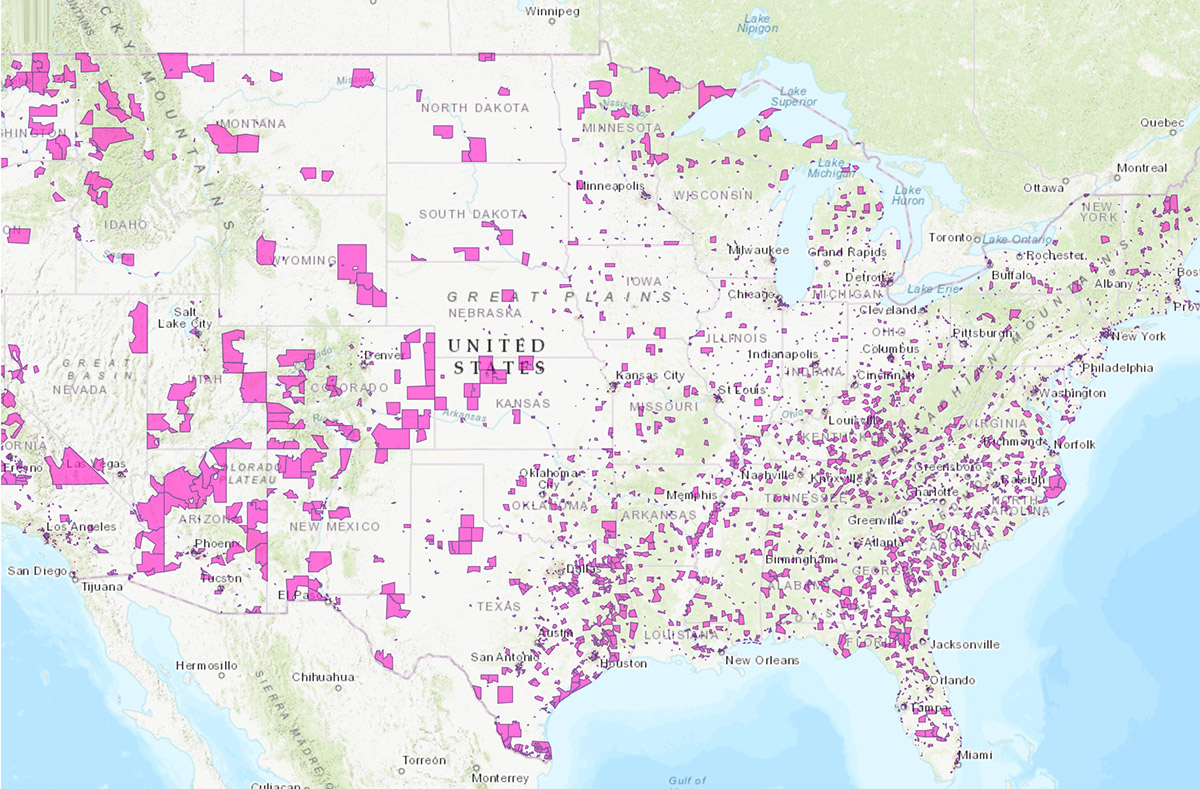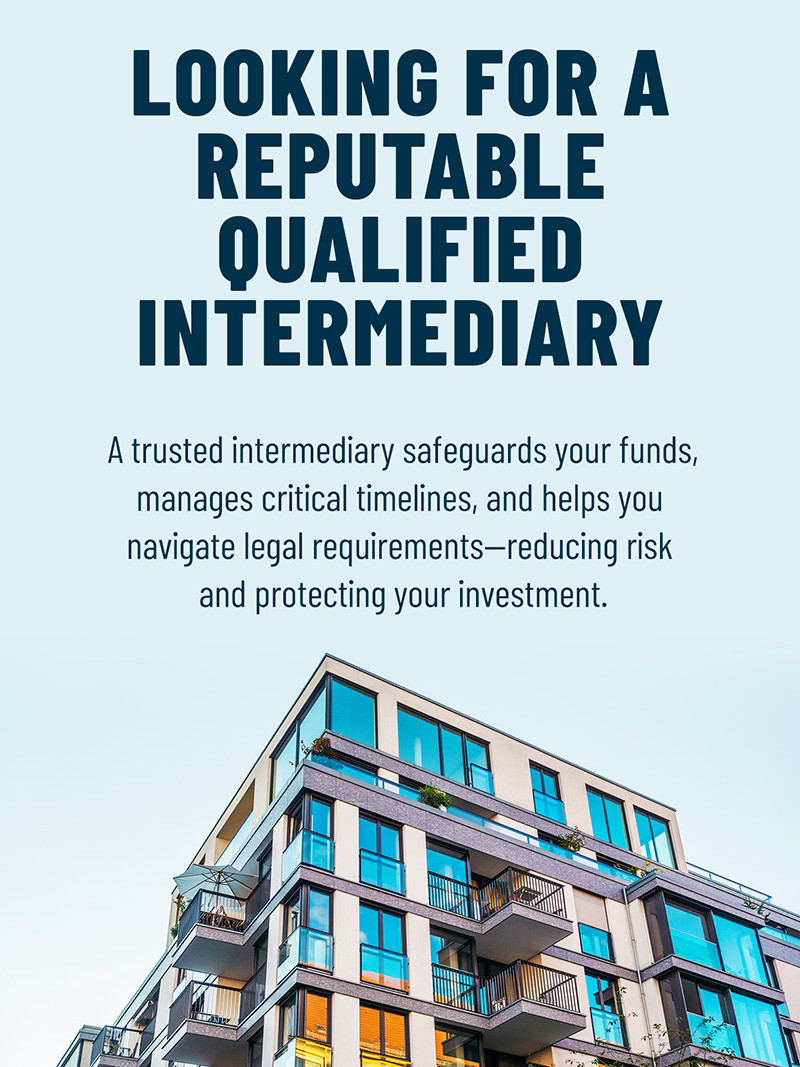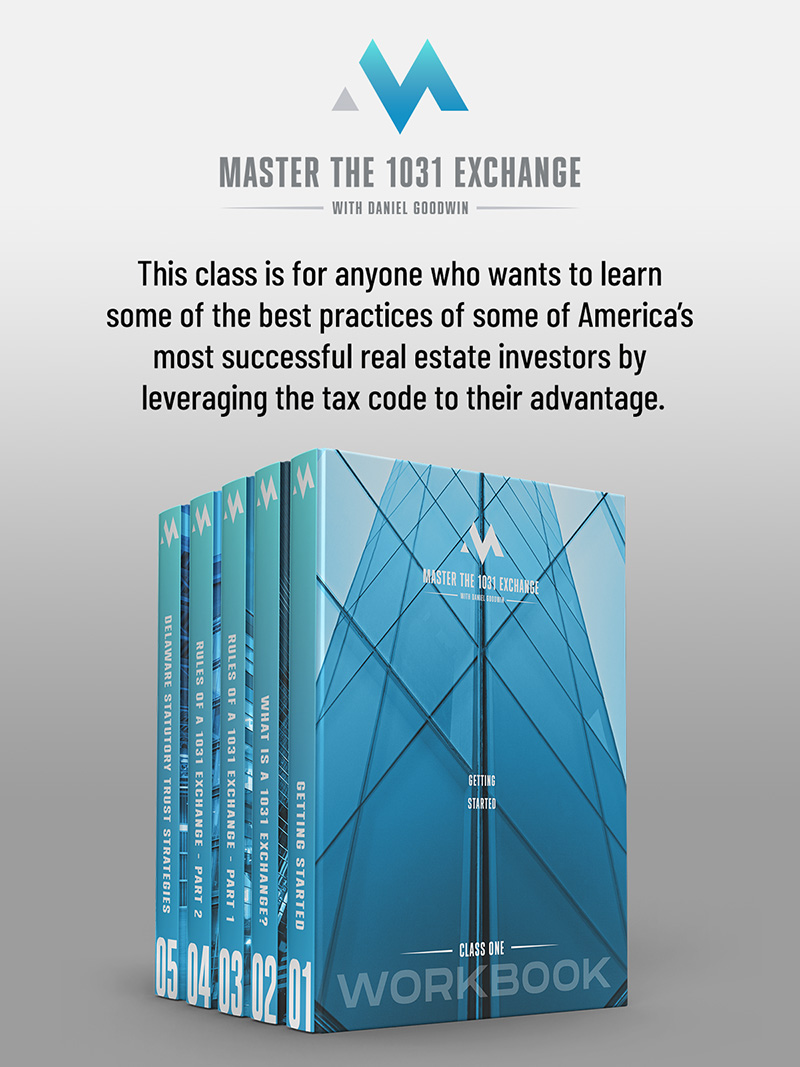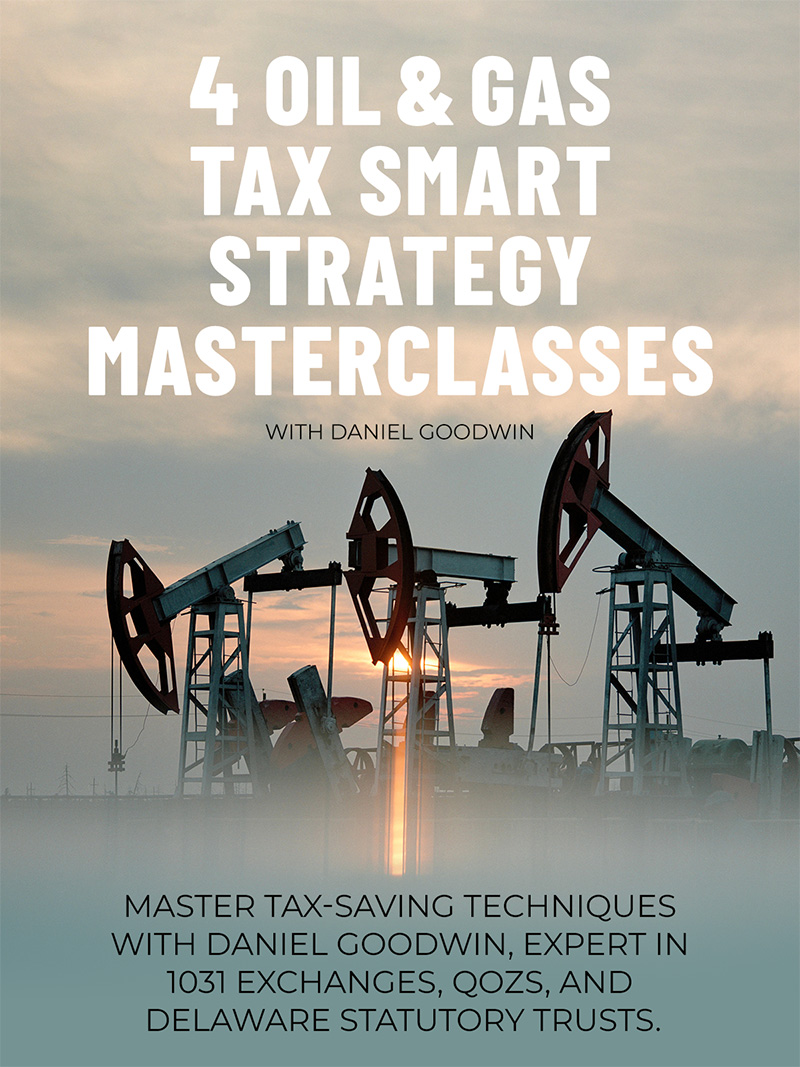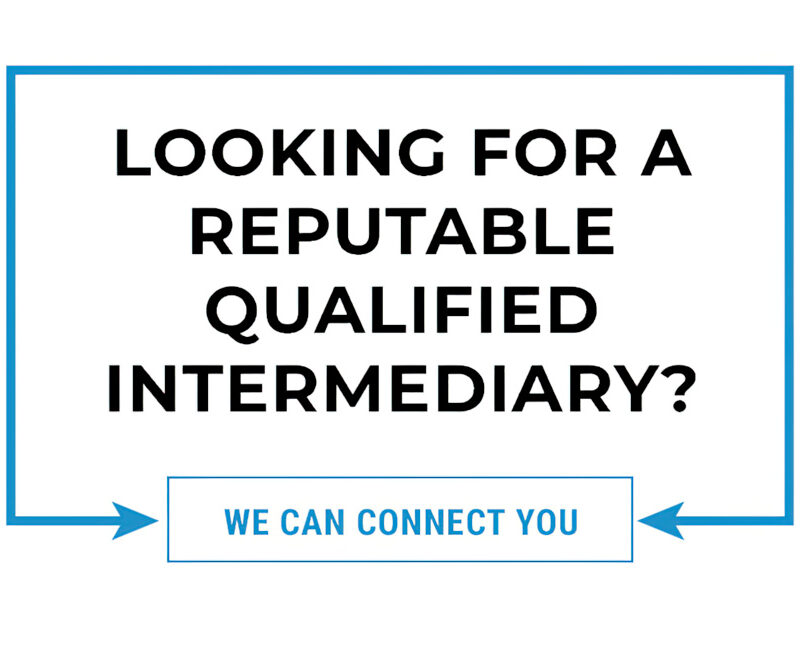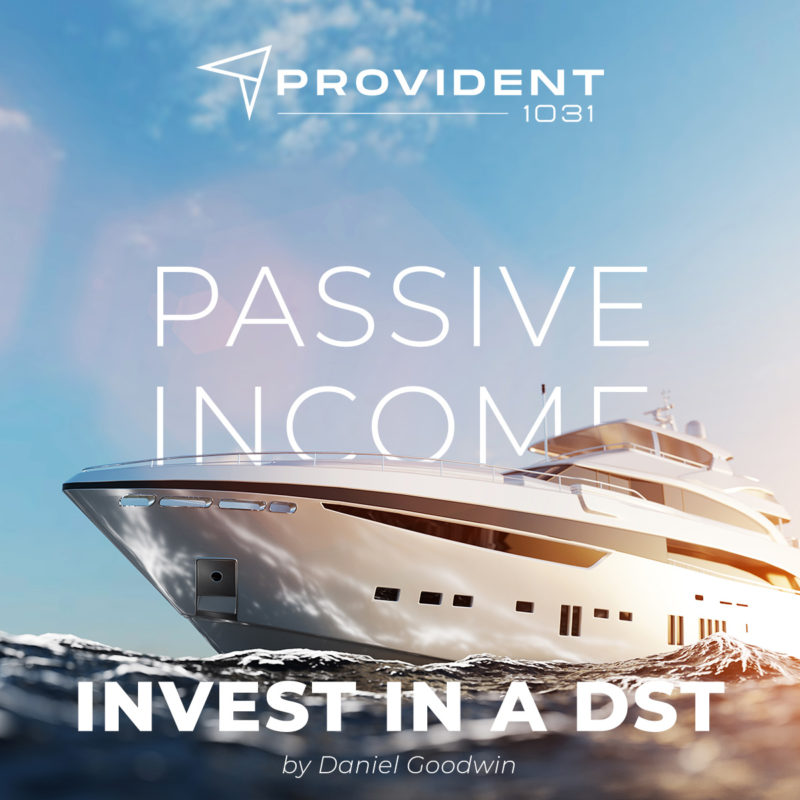1031 Exchange vs. Qualified Opportunity Zones: Which Is Better?
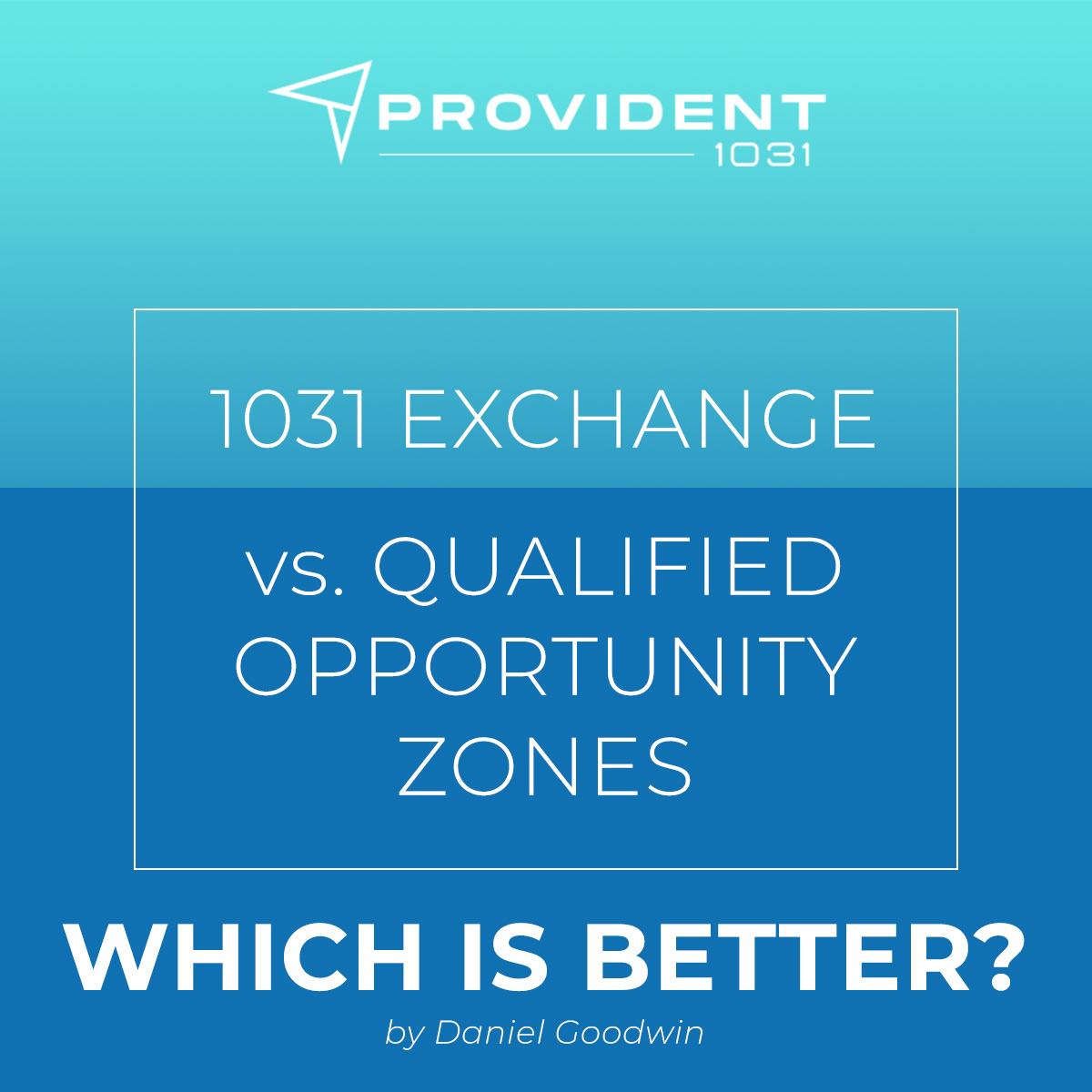
- 1031 Exchange vs. Qualified Opportunity Zones
- Which Is The Best, A 1031 Tax Exchange or A QOZ Real Estate Investment?
- What Are Qualified Opportunity Zones?
- What Is A 1031 Exchange?
- Key Advantages of A Qualified Opportunity Zone
- QOZ or 1031: Which Investment Is for Me?
- Key Advantages of A 1031 Exchange
- Defer Taxes
- Realize Profits
- Estate Planning Tool
- Key Takeaways
1031 Exchange vs. Qualified Opportunity Zones
Instant & Long-Term Tax Advantages
Today investors can structure real estate investments to generate instant tax benefits and long-term tax advantages.
For decades, savvy real estate investors have used Section 1031 exchanges to trade real estate assets without incurring taxable gains. However, the relatively new Qualified Opportunity Zone program also provides options for deferring taxes and, in some cases eliminating taxable profits, prompting many real estate investors to ask this question:
Which Is The Best, A 1031 Tax Exchange or A QOZ Real Estate Investment?
The IRS has established tight regulations for both alternatives, and some real estate investments may qualify for both tax benefits.
However, before determining which approach to take, real estate investors must understand the distinctions between the two and how they impact their taxable gains.
What Are Qualified Opportunity Zones?
Economically distressed communities that need investment and revitalization are referred to as opportunity zones, however, many properties within opportunity zones have gone through major transitions and are ripe for development.
The goal of opportunity zones, established by the Tax Cuts and Jobs Act of 2017, is to encourage economic growth and job creation by offering tax incentives for investing in community developments in these areas.
Opportunity Zones can range from rural areas that lack services, to blighted neighborhoods, to prime areas for development that have already experienced economic redevelopment.
State governors nominate a small number of suitable and eligible tracts for official classification into Qualified Opportunity Zones (QOZ). The Secretary of the US Department of the Treasury certifies and designates Opportunity Zones through his delegation of authority to the Internal Revenue Service (IRS).
There are currently more than 8,000 Qualified Opportunity Zones in the US, accounting for 12% of all census tracts. Many of the areas designated as Opportunity Zones have been underinvested for decades and can be located on an interactive map on the US Department of Housing and Urban Development website. Rural areas account for just over 23% of Opportunity Zones.
The federal government developed Qualified Opportunity Zones to encourage investment and economic development, and this landmark legislation came with a slew of tax benefits for individuals who invested through a Qualified Opportunity Fund.
For those unaware, a Qualified Opportunity Fund (QAF) is an investment entity, such as a company or a partnership, created to invest in properties inside Qualified Opportunity Zones. Qualified Opportunity Funds can invest in real estate and businesses in Opportunity Zones if they fulfill specific criteria.
For example, real estate assets in an opportunity fund must be new or significantly renovated. It is not permitted to purchase existing real estate without making significant changes and improvements. Substantial improvements to a qualified opportunity zone property imply that the Opportunity Fund investments are equal to or greater than the cost of the real property and must be completed within 30 months.
What Is A 1031 Exchange?
A 1031 exchange is a real estate investment vehicle that allows investors to exchange one investment property for another while simultaneously allowing the deferral of capital gains or losses and capital gains tax that would otherwise be due at the time of sale. This strategy is popular among investors who want to substantially improve their properties without paying taxes on the profits.
If you want to dive more into 1031 Exchanges, check out my Complete Guide to the 1031 Exchange as well as other articles on 1031 Exchange Real Estate Basics, The Typical 1031 Exchange Timeline, 1031 Exchange Requirements, and How Savvy Investors Use A 1031 Exchange to Defer Capital Gains and Build Wealth. I also highly recommend my free online masterclass, Master The 1031 Exchange.
Key Advantages of A Qualified Opportunity Zone
The primary tax benefit for investors in opportunity zone programs is capital gains deferral realized from prior investments.
More specifically, if an investor transfers capital gains from a prior investment into a QAF within 180 days of the sale date, the investor can defer the gain until the tax year 2026, payable in 2027.
Investors in Qualified Investment Funds can further decrease their tax liabilities by keeping their investments for at least five or 10 years. In a QOF 100% of the gains are 100% tax-free if held for the full 10 years. This gives investors a substantial edge in their wealth-creation strategies.
QOZ or 1031: Which Investment Is for Me?
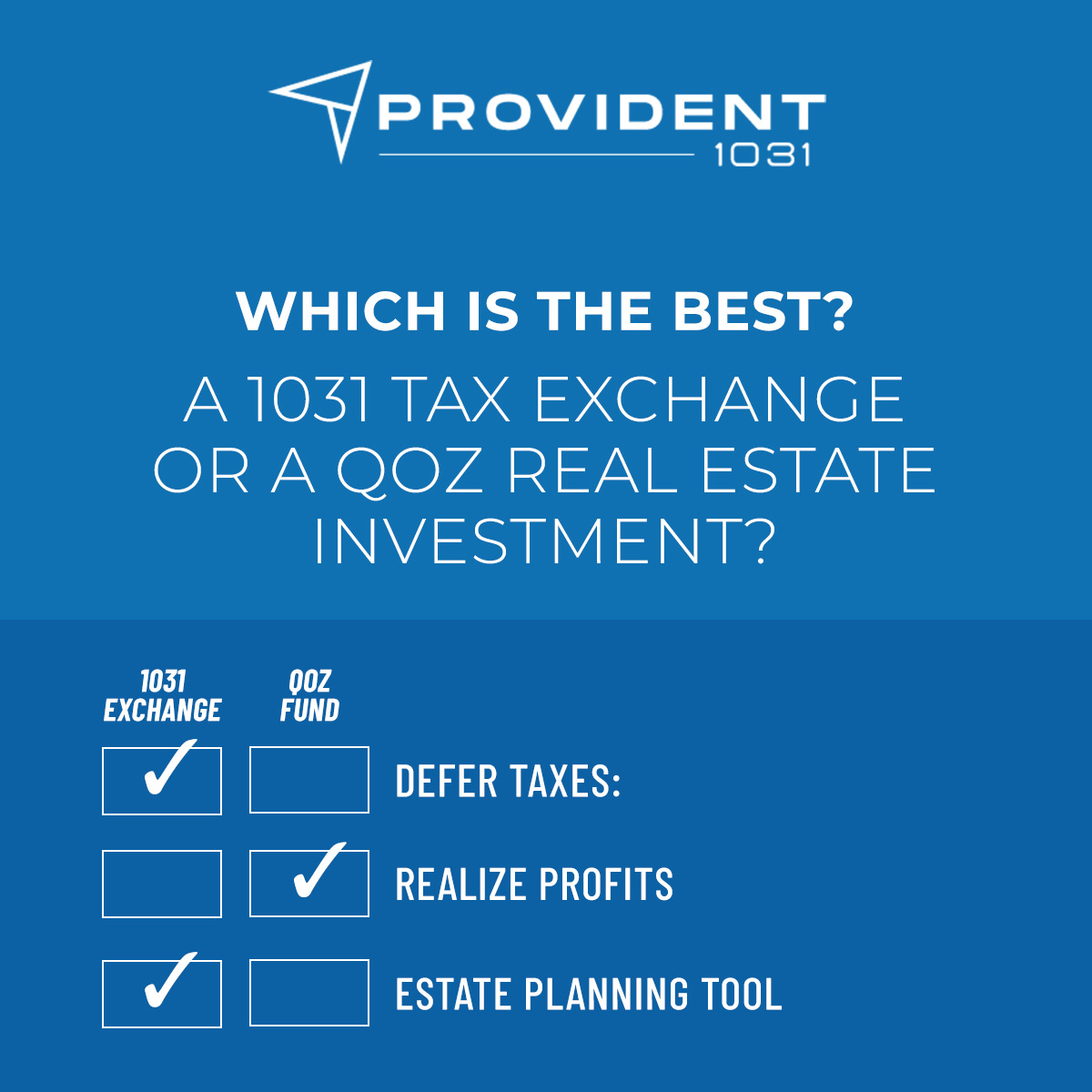
Though both financial vehicles serve to defer capital gains tax for re-investment purposes, there are significant differences between QOZs and 1031 exchanges. Accordingly, the determination as to which program is preferable will be based on the investor’s goals and objectives.
Key Advantages of A 1031 Exchange
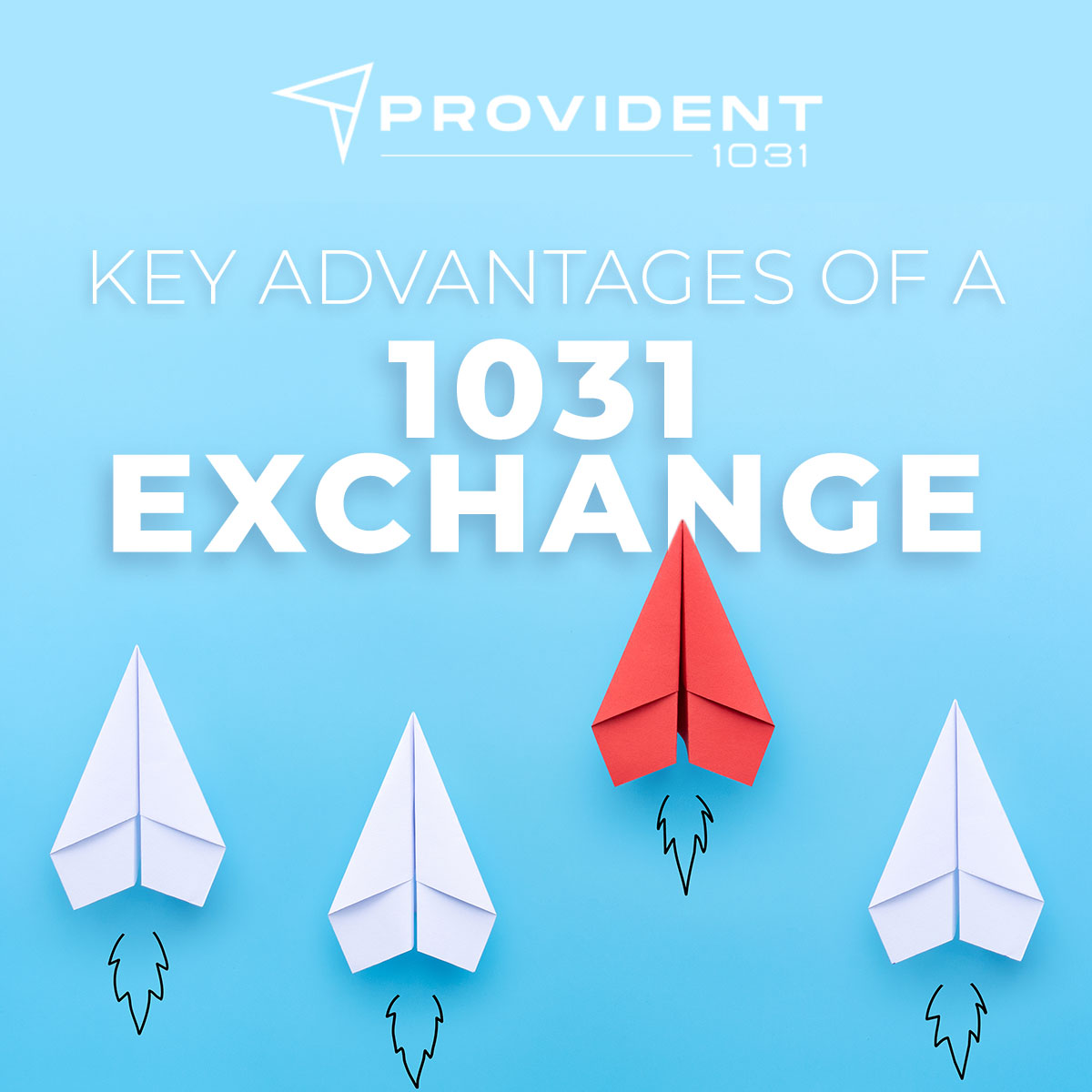
1031 exchanges are real estate investment vehicles that allow investors to exchange one investment property for another while simultaneously allowing the deferral of capital gain taxes. While that is their most significant advantage, 1031 exchanges also come with several other benefits.
Tax Deferral
For example, investors can improve their total purchasing power through tax deferral and use the money that would otherwise go to the IRS to increase the down payment and purchase a higher-cost replacement property. By improving their purchasing power, investors can potentially increase their wealth.
Swap or Consolidate Properties
1031 exchanges are also very flexible in terms of property type. For example, investors can swap one property for another, consolidate multiple properties into a single one, or swap the existing one for several other, smaller properties.
Defer Taxes
Advantage:
The 1031 exchange is the superior alternative if an investor’s primary objective is to defer taxes indefinitely and never cash out or cash out at a much later date (and pay capital gain taxes).
Realize Profits
Advantage:
For an investor wanting to realize the profits on investment at some point during their lifetime, a QOZ Fund might be a better option because a QOZ allows the basis and the cap gain to be separated. An investor may want to keep their basis for other investments or opportunities and invest only the cap gains in the QOZ. This is a distinct advantage of the QOZ fund because in a QOZ fund, for an investor to have a full deferral of tax, they must roll all the proceeds from the sale into a new investment.
Estate Planning Tool
Advantage:
Since the investor can carry the taxes deferred in a 1031 exchange forward indefinitely, 1031 exchanges can be helpful as an estate planning tool. The deferred gains vanish upon passing, and if the investor held onto investment property for the rest of their life, their heirs receive a step-up basis to the property’s fair market value on the date of passing, wiping out any previous appreciation in value. These heirs can then sell the asset without incurring capital gain taxes.
However, any person who inherits an interest in a QOZ Fund before December 31, 2026, will inherit the original tax basis in the investment since QOZs don’t offer a step-up upon death. As a result, they’ll be obligated to pay the taxes; however, if the successor keeps the QOZ Fund interest until a period that’s at least 10 years from the initial investment, their tax basis will be stepped-up to the fair market value of the investment, upon disposition under the QOZ program.
Key Takeaways
1031 exchanges offer many benefits to investors, such as significant tax advantages and opportunities to grow and leverage their wealth with minimal financial liabilities. However, to fully reap the benefits and tax advantages provided by IRC code 1031, you must adhere to its strict rules and timeframes.
If you want investment advice on 1031 exchanges in a great video learning format sign up for my masterclass, Master The 1031 Exchange. Here, you can also learn about a Delaware Statutory Trust, which can greatly enhance a 1031 exchange.
